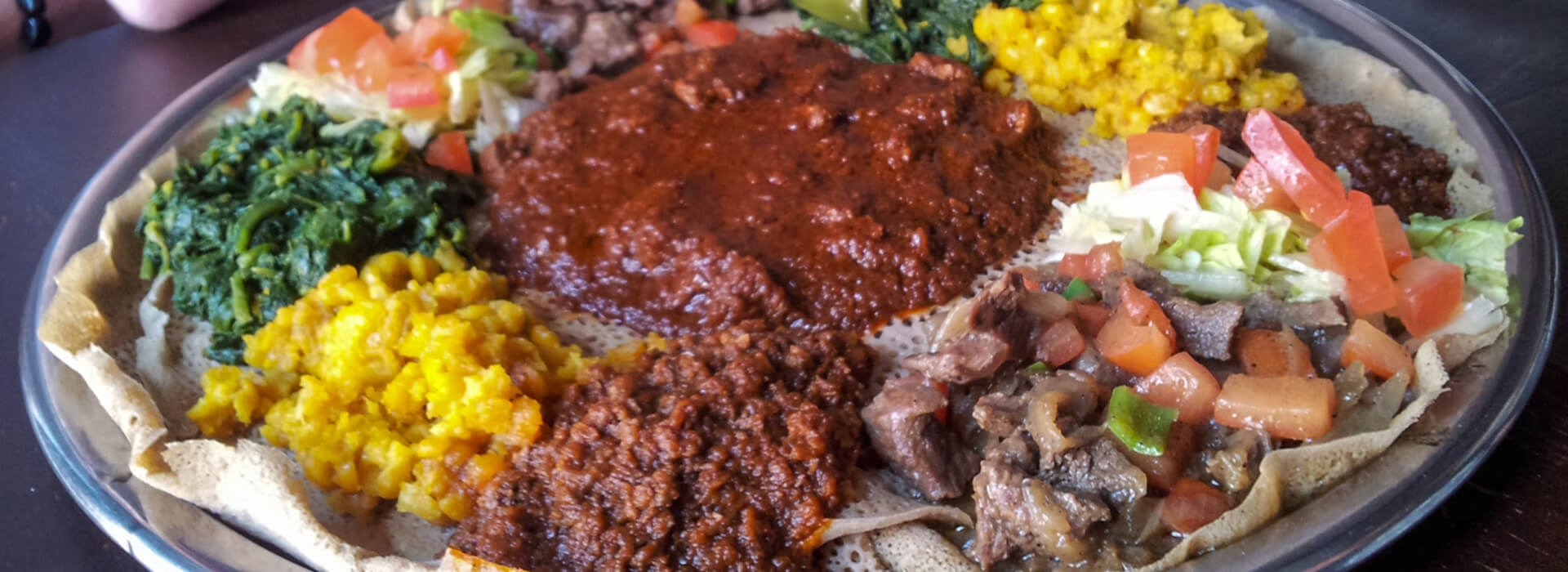The Cuisine of Rwanda
Cuisine of Rwanda. Rwanda’s cuisine reflects its culture—grounded in simplicity, community, and sustainability. Rwandans value homegrown ingredients, especially fresh vegetables, beans, bananas, and sweet potatoes. Most meals are vegetarian, though meat dishes appear on special occasions or in urban settings.

Staple Foods in Rwanda
Ugali, also called isombe or posho, is a stiff porridge made from cassava or maize flour. It forms the base for many meals and pairs well with sauces and stews.
Ibihaza features boiled pumpkin mixed with beans to create a hearty dish. It offers natural sweetness and a nutty flavor, delivering both nutrition and comfort.
Cooks prepare isombe by mashing cassava leaves and cooking them with peanut paste, onions, and oil. This rich, green, and earthy dish appears commonly across Rwanda and often accompanies rice or ugali.
Matoke, or cooked green bananas, appears often in daily meals. Locals steam the bananas, mash them, and top them with a bean or meat stew.
Beans play a daily role in the Rwandan diet. Farmers grow many varieties and cook them slowly over fire with tomatoes, onions, and spices.
Sweet potatoes, both orange and white, fill nearly every household kitchen. People usually boil or roast them to add a starchy balance to vegetable sauces.
Meat and Fish Dishes
Though rural homes serve meat less often, people enjoy it during gatherings. Brochettes, or grilled meat skewers, remain a national favorite. Cooks use goat, beef, or fish and serve them with fried plantains or chips.
Inyama y’inkoko (chicken stew) holds a special place at weddings and ceremonies. The chicken simmers slowly in a tomato-based sauce and comes with rice or isombe.
On the shores of Lake Kivu, locals often prepare tilapia. They grill or fry the whole fish, season it with salt and lemon, and serve it with vegetables and ugali.
Rwandan Snacks and Drinks
Street vendors serve mandazi (fried dough), roasted maize, and fresh sugarcane. Akabenz (fried pork ribs) is a crowd-pleaser in bars, best enjoyed with cold local beer like Primus or Mützig.
For non-alcoholic options, urwagwa (banana beer) and ikivuguto (fermented milk) are common in traditional ceremonies and homes.
Tea and coffee, Rwanda’s major exports, are enjoyed daily. Tea comes with milk and sugar, while coffee, grown on the country’s highland slopes, is usually strong and black.
Dining Culture
Most Rwandans eat lunch and dinner together. They share food from communal plates, showing respect and unity. Meals are unhurried and social, especially in rural areas. Urban restaurants serve local dishes alongside Western options, but traditional Rwandan food remains at the heart of hospitality.
Plan Your Rwanda Cuisine Tour
Want to taste Rwanda beyond the plate? Book a culinary tour that includes local markets, cooking classes, and family-style meals in rural homes. Visit Nyamirambo in Kigali for authentic street food and enjoy fresh tilapia by Lake Kivu. Learn to prepare isombe or urwagwa from local chefs and families. Each experience brings you closer to the heart of Rwandan culture—flavored with tradition and shared with love.

